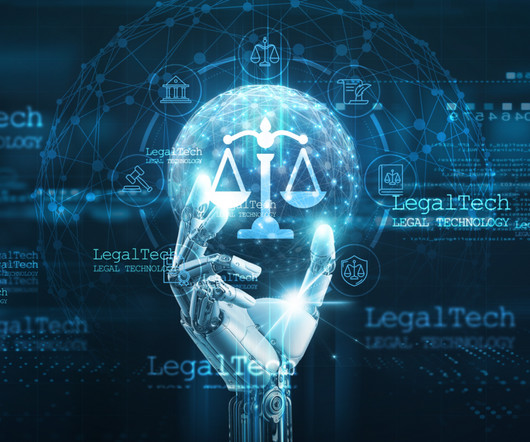OpenText named a Leader and Outperformer in the GigaOm Radar for E-Discovery
OpenText
NOVEMBER 15, 2024
Lawyers need automation and analytics to identify key facts faster, spot patterns that would be missed manually, and streamline operations and workflows. Legal teams are under increasing pressure to deliver timely and defensible responses to litigation and regulatory demands.



















Let's personalize your content